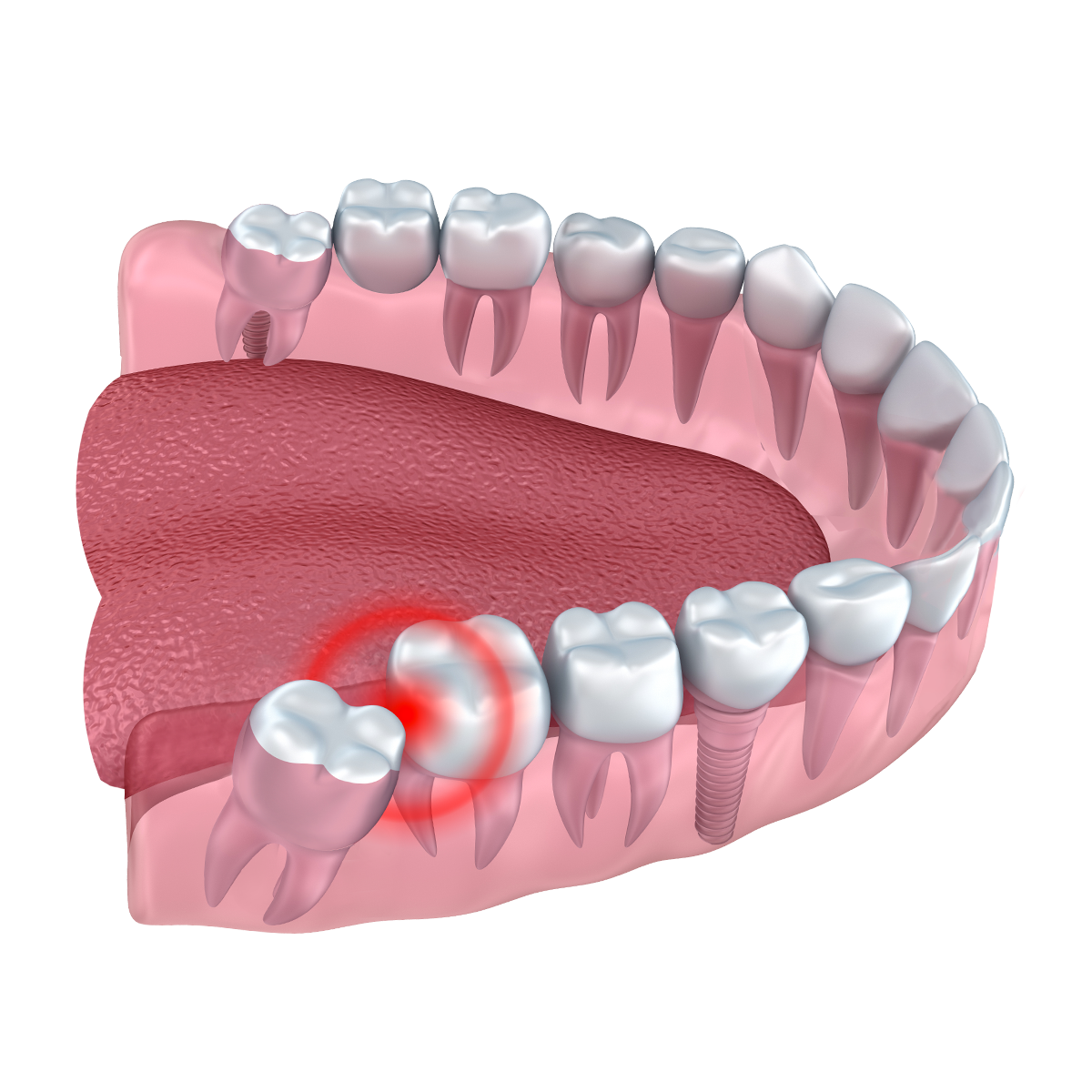Wisdom tooth extraction refers to the removal of one or more wisdom teeth. These permanent adult teeth are situated in the top and bottom edges of your mouth. There is a chance that you’ll need to remove a wisdom tooth at sometime in your life. Wisdom teeth (also known as third molars) are the last teeth to emerge. They are often impacted or caught behind other teeth. They could cause inflammation, infection or other issues. Wisdom tooth extractions are usually performed by a dentist, oral surgeon, and requires a small incision to the bone and gum. The procedure will vary based on the particular patient’s needs, general or local anesthesia could be used. Here’s what you need to know about wisdom tooth extractions.
A dentist or oral surgeon usually will perform wisdom tooth extractions. The Wisdom teeth are also known as the third molars and usually the last tooth to emerge. Wisdom teeth are recommended to be extracted when they’re affected. This means they develop at an angle and press against the other teeth. Wisdom tooth extractions can be recommended if Wisdom teeth are not growing, or cause problems with speaking or chewing. It is possible to have wisdom tooth extractions under general anesthesia, intravenous sedation, or local anesthesia. The amount of procedure and the patient will determine the kind of anesthesia utilized. Wisdom tooth extractions typically last between 30 and an hour. Patients may experience some discomfort or swelling. Most people recuperate from Wisdom tooth extractions within several days and are able to return to normal activities soon afterward.

They usually need to be removed from bone and gum tissue. They are typically the teeth that are extracted the last time and usually appear in late teens or early in the twenties. Wisdom teeth are not the issue for all people. Wisdom teeth may cause swelling, crowding, pain and discomfort for some people. Wisdom teeth can require extraction If they’re affected (stuck in the gums or bone) and if they’re affected by decay or infection, or if they are creating pain or crowding. A dentist typically handles wisdom tooth extractions, and they generally require a small cut through the gum tissue and bone. Wisdom tooth extractions can be performed as outpatient procedures, and the majority of patients recover within a few days. In certain instances, Wisdom teeth extractions may be needed as emergency procedures if the tooth is infected or is causing intense pain.
Wisdom tooth extractions can be an ordinary procedure, but not all cases require them. Sometimes wisdom teeth can be left to themselves without any complications. In certain instances there is a need for wisdom teeth to be extracted. Here are three signs that wisdom teeth could need to be extracted.
1. There is a problem with your Wisdom Teeth Impaction – Wisdom teeth can become impaled. This means that they can become stuck within the gums or jawbone and don’t properly procreate. This can lead to inflammation, pain, and even harm to adjacent teeth. To prevent any further issues Your dentist might suggest extraction of wisdom teeth.
2. There are Wisdom teeth cysts Wisdom teeth can also occasionally create cysts. They are sacs of fluid that may cause damage to the bone surrounding and tissues. The dentist at your appointment will suggest that you get your wisdom tooth removed to avoid further harm.
3. Wisdom Teeth Infection. It is imperative to seek immediate treatment if your wisdom teeth are infected. Wisdom tooth infections can lead to serious damage to your jawbone and the teeth around it as a result, and an emergency extraction could be necessary to prevent further complications.
If you’re experiencing any of these issues it’s essential to see a dentist as soon as possible in order to determine whether or not you need your Wisdom teeth removed.
For more information, click dentist open sunday edmonton
